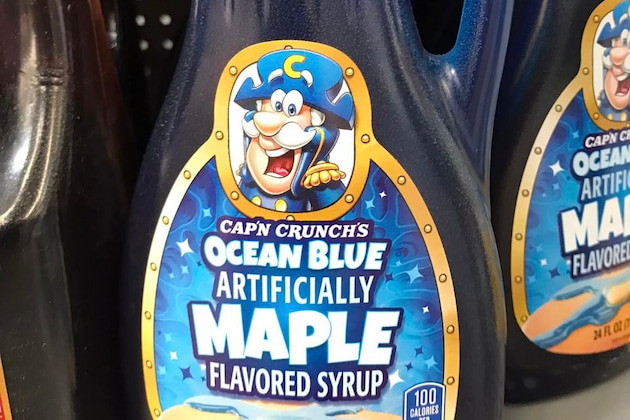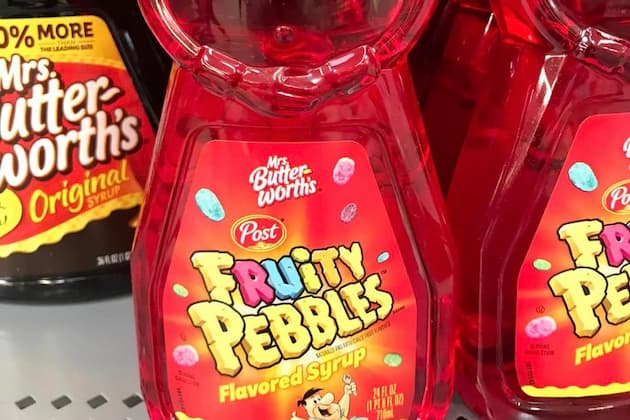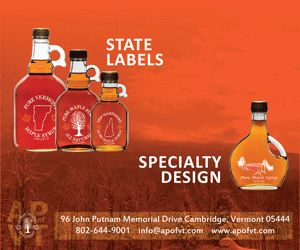Headlines
Consumers don’t give a hoot about the health benefits of maple, or if it's fake
‘Sugar is sugar’ consumers say in market research study
By PETER GREGG | JULY 15, 2022
SYRACUSE, N.Y.—Sugarmakers may want to rethink how they market syrup because many things they’ve been doing up until now have been wrong, according to new market research.
“U.S. consumers are not familiar and confident about what they know about maple syrup,” said Helen Thomas, executive director of the New York State Maple Producers Association, which co-sponsored a market research study this spring.
More than 1600 consumers were surveyed, including in-person focus groups in six major U.S. cities as part of a study funded by the USDA Acer grant program. The results were revealed during a Zoom meeting this week with the International Maple Syrup Institute.
“A lot of people think they know maple syrup but they don’t,” Thomas said. “There was confusion on what maple syrup really was.”
Only 15 percent of those surveyed could accurately identify pure maple syrup, the research showed.
But even more surprising were the responses to what has long been thought as tried-and-true marketing angles to sell syrup.
Consumers just don’t care about the health benefits of maple, many saying “sugar is sugar,” Thomas said.
“Consumers were very skeptical of health claims,” she said.
Consumers also did not care much about supporting the local economy when making their purchasing decisions.
“Supporting the local farmer, they like that. But local economy, they don’t care,” Thomas said.
Also surprising, consumers especially did not want to hear any kind of belittling of fake maple table syrups like Log Cabin or Mrs. Butterworth’s.
“Anything that makes them feel belittled or criticized for what they buy does not work,” Thomas said.
Thomas said sugarmakers should reconsider marketing strategies, with a focus on the “all-natural” and “single-ingredient” aspects of pure maple syrup.
“We need to make them feel happy about what they’re eating and what they’re buying at the grocery store,” Thomas said.
Also, the industry should work to create a uniform label.
“That would be something unique to do as an industry that would help the consumer identify a pure product,” Thomas said.
The survey was conducted by the NYSMPA with a market research firm polling 1,684 Americans from February 24 to March 4.
In-person focus groups were held in Boston, Atlanta, Dallas, Los Angeles, Seattle, and Minneapolis from April 11 to 20.

































